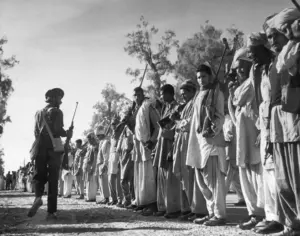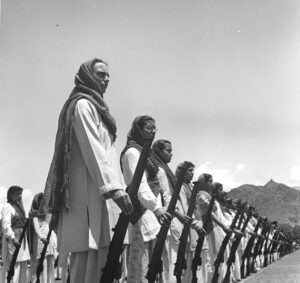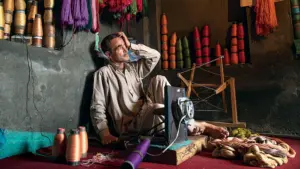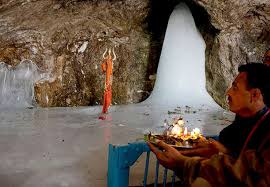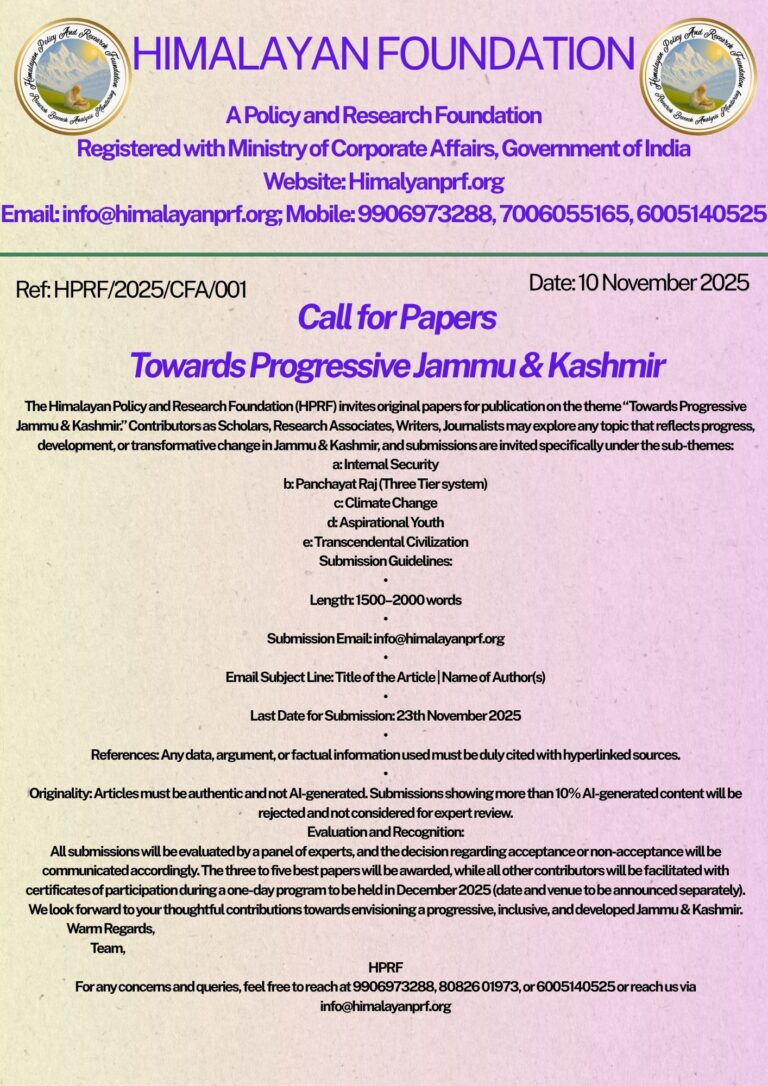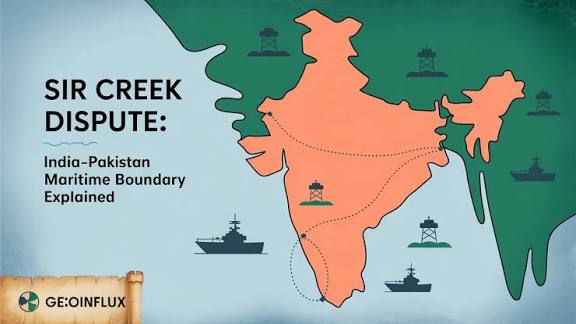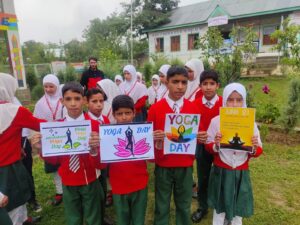By: Dr Zahid ( Independent Researcher. PhD in Political Science)
Email: zahidcuk36@gmail.com
There are moments when a society must answer not what is expedient, but what is right. To receive the Amarnath pilgrims with grace, is no longer a routine act of civility; it is a civilizational affirmation—a deliberate, reasoned, and ethical articulation of who we are as a people. Kant reminds us, that we treat others never merely as means, but always as ends in themselves. The Yatri comes as a seeker. We receive them not because of who they are, but because of who we are.
The Yatra, commencing July 3, is not a logistical undertaking. Nor is it a mere cultural pageantry. It is a metaphysical journey—undertaken by seekers, not tourists; animated by longing, not assertion. It evokes a primordial ethic: that the sacred cannot be secured by arms alone—it must be reciprocated with reverence, by both state and society.
To host the Yatri, then, is not an act of political correctness. It is a far more arduous enterprise: the discipline of aligning collective memory with civilizational purpose. As Aristotle argued, virtue is not episodic—it is a habit rooted in reasoned choice. And Kashmir’s choice to greet the pilgrim with honour is not a reflex of sentimentality, but the embodiment of a long-cherished moral grammar—where even amidst sorrow, the architecture of hospitality does not collapse.
The moral energy of this moment lies not in erasing the pain of the past, but in refusing to let pain become the architect of the future. As Plato warns in The Republic, the corrosion of a society begins not with external conquest, but when its soul becomes disordered. To act ethically in this moment is to reassert moral order—one where pain does not annihilate principle.
What must be acknowledged—and affirmed—is the increasingly constructive role of the state in enabling this sacred enterprise. Through thoughtful coordination, pre-emptive infrastructure, and robust security arrangements, the state is not merely managing the Yatra; it has dignified it. This is no small achievement in a terrain as emotionally and historically fraught as Kashmir. When governance becomes facilitative rather than intrusive, when it secures without suffocating, it performs its highest republican function.
And yet, even as the state ensures external conditions, it is the inner landscape of society that must bear witness to ethical clarity. Al-Farabi posited that the ideal polity is one where law and virtue converge toward the perfection of the soul. Polity, in this sense, must not only protect movement—it must protect meaning. That is where the people of Kashmir come in. The real guardians of the Yatra are not just those in uniform, but those who, through action and restraint, preserve the sanctity of the seeker’s path.
Lal Ded, the mystic who belongs to every Kashmiri heart, reminds us: “Whatever work I did was worship. Whatever I said was a mantra. Whatever I ate was offering.” When the people of the Valley offer sustenance, shelter, and safety to the Yatri, they are not performing duty—they are embodying dharma.
But this dharma is not pacifist. It is not void of politics—it is prior to it. It is metaphysical in substance, ethical in form, and civilizational in scope. It refuses both cynicism and coercion. It speaks the language of dignity, not docility. In offering the pilgrim welcome, we are not complying with directives—we are crafting moral precedent. We are saying: this land, though bruised, is not broken; though silenced, is not soulless. To say yes to the Yatri is to say no to the logic of vengeance. To say: “I will not become what wounded me.” That is not softness. That is the highest form of strength, the kind that Kant called freedom: the capacity to govern oneself according to reason, and not to be enslaved by impulse.
The Greek Stoic Epictetus wrote, “Freedom is the inner mastery of desire and fear.” In choosing hospitality over hostility, Kashmir exhibits this inner mastery. This is not a politics of acquiescence—it is a politics of ethical assertion.
Let us be unambiguous: the pilgrim is not the problem. The pilgrim is the proposition—of what kind of society we wish to be. In Islam, the concept of aman—safety, sanctuary—is the foundational condition of a just world. The Yatri enters not merely the Valley, but this covenant of aman. And it is to this covenant that the people and the state, in unison, must remain faithful.
Simone Weil argued that to be rooted is the first condition of moral life. Kashmir is rooted. It has carried centuries of wisdom—through fire and snow, through siege and silence. That rootedness now demands expression—not in slogans or posturing, but in the subtle, powerful gesture of moral hospitality.
This welcome, therefore, is not instrumental. It is sacramental. It does not seek applause. It seeks alignment—with conscience, with history, with the sacred geography that has entrusted us with this task.
Let it be etched into the memory of this moment: that when violence knocked, we answered with virtue. When fragility loomed, we chose fortitude. That the state secured the path, and the people sanctified it. Between the snow and the silence, the Yatri walked not into fear—but into fellowship.
This is how nations are held together—not by abstract slogans, but by hard choices that affirm the human. Kashmir does not need to be taught pluralism—it has lived it, buried it, and revived it again and again.
And so, in this act of welcome, may we not merely remember who we are—but declare, with unwavering clarity, who we still choose to be.
There is no neutrality in this moral act. As Albert Camus wrote in The Plague, “What’s natural is the microbe. What’s extraordinary is the effort to fight against it.” To extend welcome in the aftermath of trauma is precisely that extraordinary act. It is an affirmation that one’s soul is not up for negotiation.
And so, let us say it plainly:
The Amarnath Yatra is not merely being protected. It is being honoured.
Not by force, but by choice.
Not by orders, but by values.
And in that choice, Kashmir is not following. Kashmir is leading.
And in that quiet, powerful welcome—Kashmir has shown what sovereignty truly means:
Not the power to dominate, but the power to remain human, even when the world tries to make you forget how.

